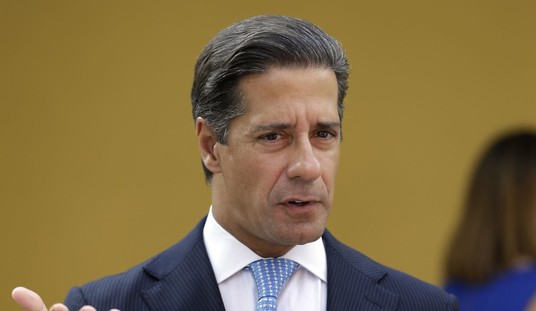Henan is a Chinese province located just north Hubei province where Wuhan is located. The largest city in Henan province is Zhengzhou which is best known as the site where Foxconn builds Apple iPhones. Back in July of this year, there were massive floods in the Zhengzhou region which resulted in at least 25 deaths. About half of those deaths happened when the city’s subway was inundated with water. As many as 500 people were trapped on the train as a result of the flooding and 12 died before they could be rescued. This tweet reads: “On the evening of July 20, many people in a carriage of Zhengzhou Metro Line 5 were trapped in a heavy rain, and the water level flooded their shoulders. According to the news released by Zhengzhou Metro at night, due to the continuous rainstorm, all stations on the Zhengzhou Metro network have suspended operations and firefighters are rescuing.”
7月20日晚,郑州暴雨地铁5号线一车厢多人被困,水位淹过肩膀。根据郑州地铁晚上发布的消息,受持续暴雨影响,郑州地铁全线网车站已暂停运营服务,消防人员正在救援。 pic.twitter.com/wCiz7TGhki
— The Paper 澎湃新闻 (@thepapercn) July 20, 2021
There were foreign journalists covering the flooding in Zhengzhou and they quickly became the targets of people who were not pleased with the coverage. A number of reporters said they were harassed and received death threats. The Foreign Correspondents’ Club of China (FCCC) put out a statement criticizing the Communist Party for encouraging the harassment:
In one incident, the local branch of the ruling Communist Party’s Youth League had asked its social media followers to report the whereabouts of a BBC reporter covering the floods, according to the FCCC statement.
“Rhetoric from organizations affiliated with China’s ruling Communist Party directly endangers the physical safety of foreign journalists in China and hinders free reporting,” it said.
What wasn’t known at the time was that, within days of this public spat over harassment of foreign journalists, Henan province put out bids for a new system that would allow the government to identify and monitor foreign journalists using traffic cameras and facial recognition. Those journalists would then be classified according to a three-tier system.
One of the groups of interest to the Henan Public Security Bureau is journalists, including foreign journalists.
“The preliminary proposal is to classify key concerned journalists into three levels,” the documents say.
“People marked in red are the key concern.
“The second level, marked in yellow, are people of general concern.
“Level three, marked in green – are for journalists who aren’t harmful.”
It’s not exactly clear what would happen to journalists who fall into the red category but the documents seen by the BBC sound pretty ominous:
Journalists in the “red” category would be “dealt with accordingly”, they say…
Human Rights Watch said: “This is not a government that needs more power to track more people… especially those who might be trying to peacefully hold it accountable.”
In addition to journalists, the system would also track and categorize students and migrant women. The bid for the new system was put out in July and was won in September by a software company called NeuSoft which has subsidiaries in the US. Not surprisingly, they aren’t offering any comment about the new surveillance system.
This is the way everything seems to be trending in China under Xi Jinping. Everyone needs to be monitored and categorized based upon their friendliness to the ruling communist party. That has already been happening online for years, now China is extending that monitoring and control into the real world, at least in its most populous cities. Gradually this sort of government surveillance, tied to some kind of rating or social credit system, will become the norm in populated areas. Anyone who falls into a bad category will be “dealt with” and we’ve already seen in the western province of Xinjiang how far China is willing to go to deal with anything it deems social disorder.








Join the conversation as a VIP Member